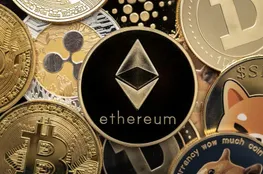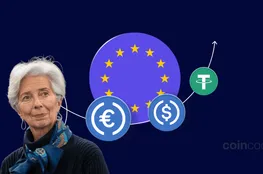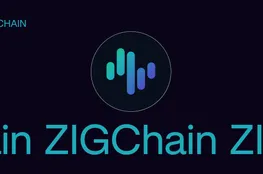After years of facing regulatory flux and volatility, the crypto industry received a significant boost this year when the SEC approved eight spot Ethereum (Ether) ETF applications. This milestone allows these ETFs to be listed on major US exchanges. Earlier this year, Bitcoin ETFs were also approved, capturing significant interest from retail investors and institutional giants such as BlackRock and Fidelity. This development could lead to the mainstream adoption of crypto assets, providing more investors with access to digital investments.
From a regulatory standpoint, the SEC's actions could inspire other countries to draft their own regulations for digital assets. This would simplify investments and enhance global crypto growth. Regulatory safeguards and oversight make it easier for investors to trust and invest in digital assets, potentially providing substantial benefits. As regulatory uncertainty has been a significant barrier to adoption, these new developments could offer a roadmap for other crypto assets and pave the way for a structured and stable crypto market.
The mainstreaming of crypto is evident in broader financial markets. Larry Fink, CEO of BlackRock, who once dismissed Bitcoin, now views it as a legitimate financial instrument. BlackRock has shown strong interest in crypto, investing heavily in Bitcoin ETFs earlier this year. Additionally, leading global asset management firms such as Fidelity, JPMorgan, and Morgan Stanley have joined the crypto space, responding to client demands and viewing crypto as a stable, long-term investment.
Shifting focus to India, these developments could significantly impact the active crypto scenario in the country. In recent months, the Securities and Exchange Board of India (SEBI) has been working on developing a regulatory framework for digital assets. Furthermore, the Department of Economic Affairs (DEA) is expected to release a consultation paper on crypto, seeking stakeholder advice on regulation, which could be transformative. SEBI aims to balance investor protection with innovation through a framework that includes regulating crypto assets as securities and overseeing Initial Coin Offerings (ICOs). Stablecoins backed by fiat currencies might be regulated by the Reserve Bank of India (RBI), while other regulators could oversee different aspects, similar to the regulatory approach in the US.
These changes could clarify how digital assets are treated in India, aligning the country with global markets and offering investors excellent opportunities for wealth creation and growth. The approval of the Ethereum ETF signals the possibility of other crypto assets, like Solana, considering ETFs due to their high transaction speeds and low costs. Future crypto assets could be packaged as ETFs, subject to regulatory approvals. Such innovation could spur further technological developments in crypto-related products, increasing awareness and enhancing investor protection, ultimately fostering global crypto growth.
The SEC's approval marks a giant leap towards regulatory clarity, broadening the audience for digital assets and recognizing crypto as a mainstream financial instrument. Crypto is no longer just an alternative asset class; it is here to stay for the long haul. As the future of finance evolves, integrating crypto into the mainstream financial system will promote broader financial inclusion and growth.
























